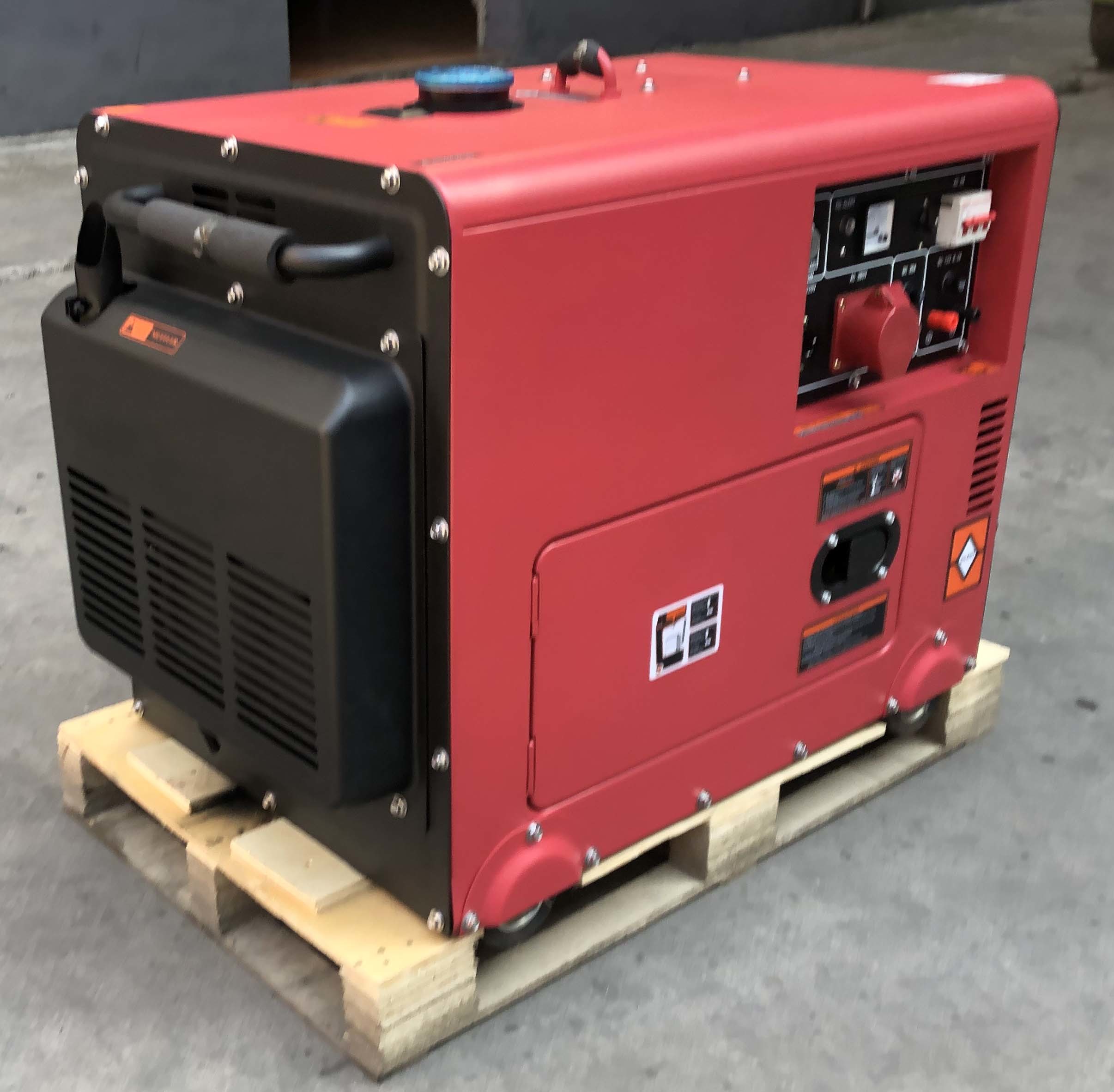Introduction:
In today's digital age, data centers play a crucial role in storing, processing, and managing vast amounts of information. These facilities require a continuous and reliable power supply to ensure uninterrupted operations, as even a brief power outage can lead to significant financial losses and data corruption. To address this critical need, diesel generators have emerged as a popular choice for providing backup power to data centers. This article explores the importance of diesel generators in data centers, their key features, benefits, and considerations for implementation.
1. Understanding the Power Needs of Data Centers:
Data centers are power-hungry environments that demand a stable and uninterrupted power supply to safeguard critical operations. These facilities house an array of servers, networking equipment, cooling systems, and other infrastructure components, all of which require a constant source of electricity. The consequences of power disruptions can be severe, ranging from financial losses due to downtime to compromised data integrity.
2. Role of Diesel Generators in Data Center Power Backup:
Data centers rely on diesel generators to provide backup power during utility outages or any other unforeseen events that may disrupt the primary power supply. Diesel generators are known for their robustness, scalability, and reliability, making them an ideal choice for data centers. These generators are capable of supplying power to critical equipment for extended periods, ensuring uninterrupted operations until utility power is restored.
3. Key Features of Diesel Generators for Data Centers:
a. High Power Output: Diesel generators have the capacity to produce high power outputs, making them suitable for data centers with heavy power demands. They can provide backup power ranging from a few kilowatts to several megawatts, depending on the size and requirements of the facility.
b. How to calculate power needs for a 400kW generator : Diesel generators are designed to be fuel-efficient, ensuring cost-effective operation over extended durations. They consume less fuel compared to other backup power solutions, making them an economical choice for data centers.
c. Scalability: Data centers are dynamic environments that often experience growth and expansion. Diesel generators offer scalability, allowing data center operators to add more generators as power requirements increase. This flexibility ensures that the backup power system can adapt to evolving needs without disrupting operations.
d. Quick Start-up Time: Diesel generators have a short start-up time, typically ranging from a few seconds to a minute. This rapid response time is crucial in data centers, as even a brief interruption can lead to significant consequences. The quick start-up time ensures that critical equipment remains operational without any noticeable downtime during power transitions.
e. Redundancy and Parallel Operation: Data centers often employ multiple generators in parallel or redundant configurations to enhance reliability and fault tolerance. Diesel generators can be synchronized to operate seamlessly together, ensuring a continuous power supply to critical loads. This redundancy minimizes the risk of single points of failure, further enhancing the resilience of the data center infrastructure.
4. Benefits of Diesel Generators for Data Centers:

a. Reliability: Diesel generators are renowned for their reliability, as they are built to withstand demanding and continuous operation. Their robust construction and proven track record make them a trusted choice for data centers worldwide. Additionally, diesel fuel is readily available, ensuring a consistent power supply even in remote locations or during emergencies.
b. Fuel Storage: Diesel generators can rely on on-site fuel storage, allowing data centers to maintain a dedicated fuel reserve for extended backup power durations. This autonomy eliminates the reliance on external fuel sources and provides a greater level of control over the power backup strategy.
c. Longevity: Diesel generators have a longer lifespan compared to other backup power solutions, making them a cost-effective investment for data centers. With regular maintenance and proper care, diesel generators can provide reliable backup power for several decades.
d. Environmental Considerations: While diesel generators do emit exhaust gases, advancements in engine technology have significantly reduced their environmental impact. Modern diesel generators comply with stringent emissions standards, and the use of advanced exhaust after-treatment systems further minimizes their carbon footprint. Additionally, the introduction of biofuels and other alternative fuels offers an environmentally friendly option for powering diesel generators.
5. Considerations for Implementing Diesel Generators in Data Centers:
a. Sizing: Properly sizing diesel generators is crucial to meet the power demands of data centers. An accurate assessment of the facility's power requirements, including both present and future needs, is necessary to ensure optimal generator performance.
b. Maintenance and Testing: Regular maintenance and testing are essential to ensure the longevity and reliability of diesel generators. Data center operators should establish a comprehensive maintenance plan, including periodic inspections, fuel quality checks, and load testing, to identify and address any potential issues proactively.
c. Noise and Emissions Control: Noise and emissions from diesel generators can be a concern, especially in urban or densely populated areas. Implementing Industrial diesel generator for remote agricultural operations , such as sound-attenuating enclosures, and adhering to local emission regulations are critical factors to consider during installation.
d. Safety Measures: Diesel generators require proper safety measures to guarantee the well-being of data center personnel. 400kw diesel generator for oil and gas facilities includes adequate ventilation, fire suppression systems, and adherence to safety protocols during generator operation and maintenance.
Conclusion:
Diesel generators have established themselves as a reliable and efficient solution for providing backup power to data centers. Their high power output, scalability, quick start-up time, and fuel efficiency make them ideal for fulfilling the power demands of these critical facilities. The benefits of reliability, fuel storage, longevity, and environmental considerations further reinforce the position of diesel generators as an indispensable component of data center infrastructure. By carefully considering the implementation considerations and adhering to maintenance practices, data center operators can ensure uninterrupted power supply, safeguarding their operations and mitigating the risks associated with power outages.
